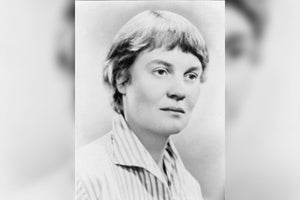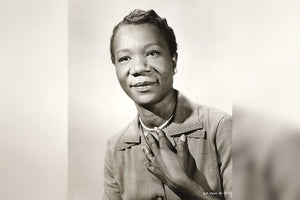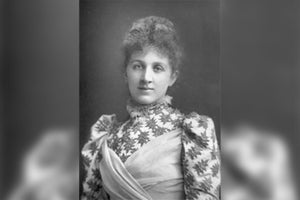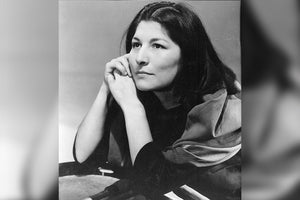Birthday: August 27, 1924
Who is Sara Rosalie Wahl?
Sara Rosalie Wahl is the first woman in state history to make a name in the Minnesota Supreme Court. She was a renowned lawyer and judge who devoted her life to eliminating sexism and racial discrimination.
Five Facts About Sara Rosalie Wahl
- The first female to make a name in the Minnesota Supreme Court in state history.
- She devoted her life to speaking up and resisting racial discrimination and sexism.
- She was committed to serving the people belonging to the marginalized sectors and people with mental disabilities.
- Wahl grew up during the era of the Great Depression.
- She served a total of 17 years in the Minnesota Supreme Court.
Sara Rosalie Wahl Biography
Early Life
Sara Rosalie E. Wahl, or better known as Rosalie Wahl, was born on August 27, 1924, during the Great Depression. At an early age, she already had to face many hardships in life, with her mom passing away when she was 3. At the age of 7, she lost her brother and grandfather to a train accident.
She was left with her grandmother, who took care of her by working on a farm during the Great Depression. With her exposure to the harsh realities of life, Wahl grew genuine empathy for the marginalized and the mentally disabled.
During World War II, Wahl studied Sociology at the University of Kansas, where she received her degree in Bachelor of Arts in 1946. During her college days, she became immersed in society, its lapses, and unsolved issues.
She became socially aware, and her sense of justice spiked as she gained a deeper sense of the society she lived in. She was also involved in founding the university’s first-ever residential housing for people of varying races and cultures.
After graduating, she was wed to Ross Wahl and resided permanently in Lake Elmo, Minnesota, along with her kids. However, despite having her own family, she was still active in society and assisted in creating a public library system for Washington County.
Career
As the years went by and as Wahl aged, her values in life never faltered, and she continued to have a strong sense of justice and dedication to make a change in society. At 38 years old in the year 1962, she was determined enough to study law at William Mitchell College of Law, which was an extremely brave and at the same time reckless choice for a mother of four kids, not to mention an additional one during her studying of law, which makes a total of five children. However, that did not burn down her spirit, and she was able to obtain her degree in law in 1967.
She then worked as a state public defender until in 1973, she was offered a professorship at William Mitchell College of Law to which she accepted eagerly. She had a profound role in its Clinical Legal Education Program that she directed. She passionately guided students of law as they represented members of the poor community who were charged with all kinds of criminal cases and misdemeanors.
Being a public defender earned her a competent and strong record in criminal defense with her frequent visits to the Minnesota Supreme Court, where she had presented and argued appeals before the judges all throughout the 1970s. She became widely known for her grit and excellence in the courtroom that rivaled or even exceeded male lawyers. When the time came, the Supreme court sought a replacement for Harry MacLaughlin in 1977; she became the ultimate candidate. That year in June, she was then appointed by Governor Rudy Perpich as the first female Minnesota Supreme Court justice.
She was re-elected three more times after that, in the years 1978,1984 and 1990, and all of which she won over profound lawyers, earning her 17 years of service in the Minnesota Supreme Court, writing a total of 549 opinions for the court according to Ann Juergens, a professor of William Mitchell College.
Legacy and Death
In her entire career as a lawyer, she devoted herself to serving justice for the oppressed, voiceless, poor, and disabled. She fought for women’s rights and a fair justice system regardless of social status. Wahl also served in the Court’s Study Commission on Mentally Disabled individuals and ensured that the task forces under her worked on gender equality and eliminated racial bias.
In the American Bar Association, she was also known for her influence in the National Conference on Professional Skills and Legal Education by altering law schools’ methods of practice preparation for their students, emphasizing skills training, and aligning the accreditation standard to skills training for all students.
In 1994, she had mandatory retirement at the age of 70, and eighteen years later, at the age of 88, Rosalie Wahl died on the 22nd of July, 2013. In 2014 a book about Wahl’s greatness in the field of Law was published entitled “Her Honor: Rosalie Wahl and the Minnesota Women’s Movement.”
![]() Fast Shipping
Fast Shipping![]() Subscribe to our Newsletter
Subscribe to our Newsletter![]() 🌟 New Global Competition 🌟
🌟 New Global Competition 🌟















